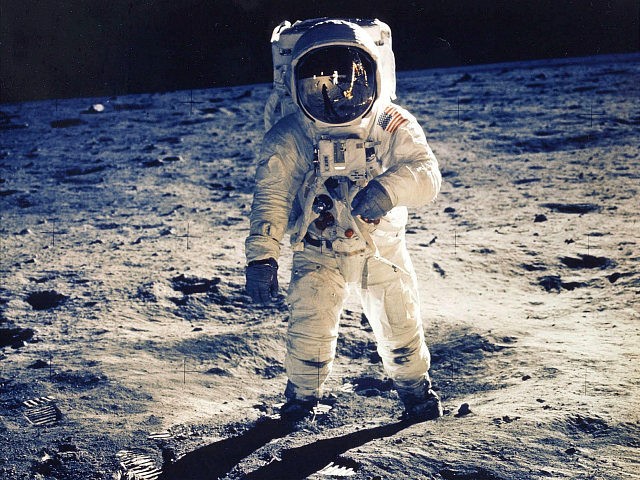A Canadian space law amendment allowing for the prosecution of crimes committed on the Moon passed Canada’s House of Commons at the end of April, Euronews reported on Thursday.
Members of Canada’s House of Commmons, or lower house of parliament, voted 181 to 144 in favor of the space law amendment on April 29, Agence France-Presse (AFP) reported on May 5. The legislation would extend Canada’s criminal jurisdiction into outer space.
“The new act being scrutinised by parliamentarians essentially extends Canadian law to space, meaning that anything that would be illegal in Canada will become illegal on board spacecraft travelling to the Lunar Gateway, on the Gateway itself and on the surface of the Moon,” Euronews observed on May 5.
The Lunar Gateway is a planned space outpost that would orbit the Moon starting in 2024, according to the U.S. federal government’s National Aeronautics and Space Administration (NASA).
Canada’s House of Commons presented its new space law amendment on April 29 in a 2022 federal budget bill under the subheading, “Lunar Gateway,” which read, “A Canadian crew member who, during a space flight, commits an act or omission outside Canada that if committed in Canada would constitute an indictable offence is deemed to have committed that act or omission in Canada.”
“This would include crimes en route to or on the Lunar Gateway station currently in the works to orbit the Moon, and also ‘on the surface of the Moon’, the document states,” according to AFP.
“Foreign astronauts who ‘threaten the life or security of a Canadian crew member’ on a Canadian-supported space mission could also be prosecuted, according to the ways and means motion,” AFP relayed.
Nations launching the International Space Station (ISS) in 1998 signed an agreement with NASA that “allows the space station partner states to extend their national jurisdiction in outer space,” according to the European Space Agency.
The government of Canada is a minority partner in the ISS. Canada was likewise one of the 100-plus countries that ratified a 1967 United Nations Outer Space Treaty. The pact specified that the Moon and other major celestial objects must be used for “exclusively peaceful purposes,” adding that no nation on Earth may lay claim to outer space.
Canada’s parliament may have passed its new space law amendment late last month in anticipation that Ottawa may soon ramp up its participation in international space projects.
“The number and types of people in space is quickly accelerating,” the science news website Space.com observed on May 4. “Recent operational flights by Virgin Galactic, Blue Origin, Axiom Space and the SpaceX-flown Inspiration4 in 2021 and 2022 are adding more options for spaceflight beyond the professional astronauts who dominated for six decades.”

COMMENTS
Please let us know if you're having issues with commenting.